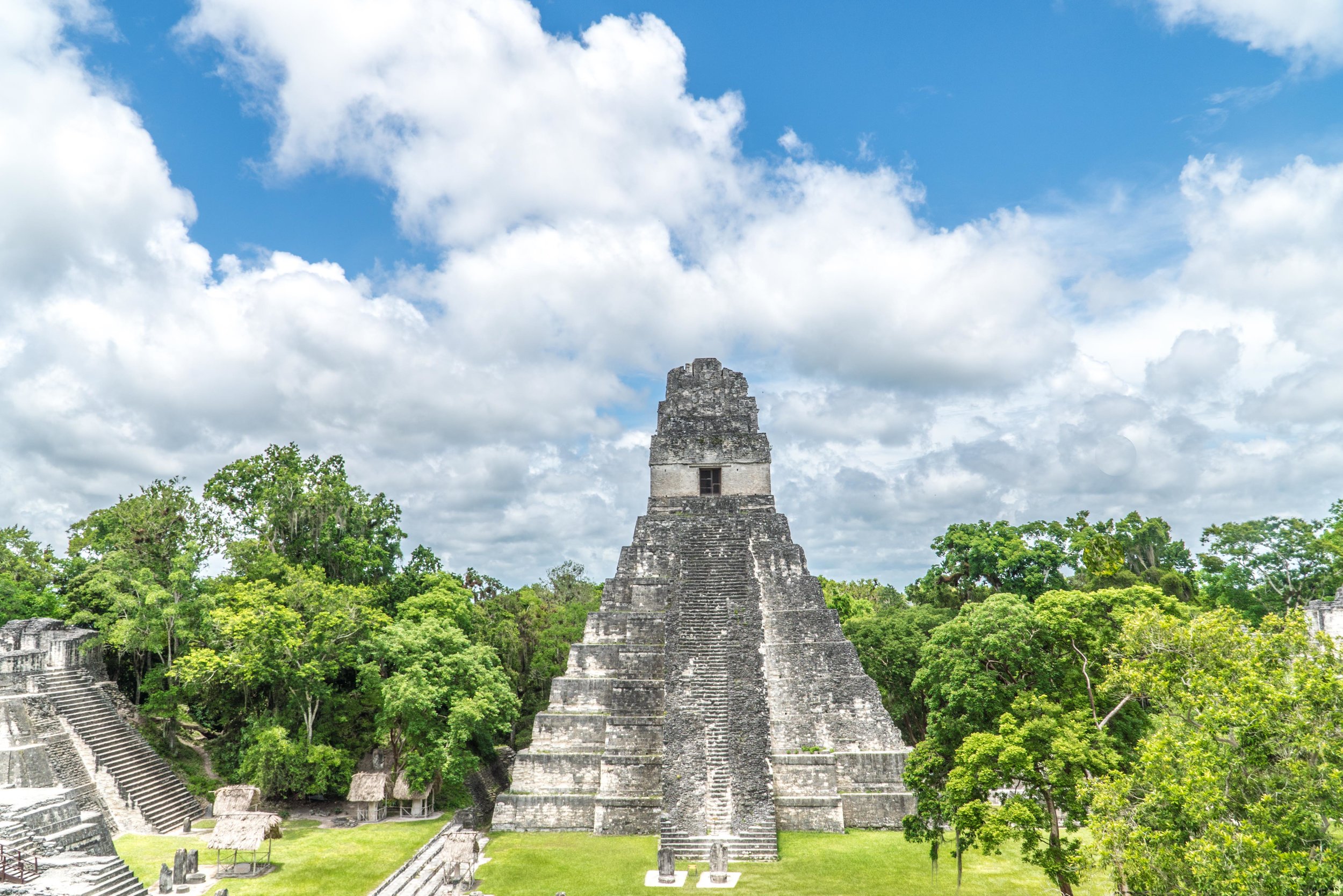Does Travel Ruin a Place
Our tiny prop plane came to a stop at the end of Little Cayman’s Edward Bodden Airfield (located on one of two Grand Cayman sister islands) at what looked like little more than a bus stop for no longer than a bus stop to drop off and pick up a couple passengers. No longer than a couple minutes later and we were off again, but just for a grand total of six minutes before arriving at my fourth, and last airport of the day, Captain Charles Kirkconnell International Airport, on Grand Cayman’s other sister island, Cayman Brac. A destination I would later come to label as my most authentic island experience to date. I both wanted to tell everyone and no one about it.
Does travel, and more specifically, tourism, ruin a destination? This is a question I’ve repeatedly asked myself, and one that I’ve approached yet again following the big recent news that the U.S. and Cuba are restoring diplomatic relationships. As excited as I was to hear the news, what was most interesting from a travel perspective was seeing that on the day the news broke, there was an increase in Cuba travel searches on TripAdvisor by 300%. But as excited as I am about the possibility of traveling to Cuba and ordering a Hemingway Daiquiri at El Floridita, where Hemingway himself consumed many a daiquiri, my excitement is guarded, knowing what I’ve observed from destinations that have seen an influx from American tourists.
The question, however, rather seems to be, can the destination handle it? But that seems to be a rather skewed American way of thinking. As my friend, and Cuba advocate, Julie Schwietert Collazo stated to me, “Cuba has long had a thriving tourism industry, attracting Canadians, Italians, British, Australians, and people from all over Latin America, many of whom are repeat visitors.” Cuba has annually drawn in millions of visitors long before these recent developments and yet it’s continued to maintain that sense of Cuban charm. As Julie so candidly put it, “Maybe don’t worry about how Cuba will handle the American bumrush. Think, instead, about how you’re going to handle it.”
A few months ago there was an article that appeared in Outside Magazine titled, “Has Belize Been Spoiled?." In the essay, travel writer David Ewing Duncan revisits Belize with his 18-year-old son for the first time since he visited it in 1987, then writing about it for Condé Nast Traveler, which spurred a plethora of other major publications writing about Belize, the commencement of direct flights, and an influx of travelers to a destination that was largely unknown before then.
In Duncan’s article, there’s no specific yes or no answer to the question, but I think his conversation with a local dive master (who they both agreed was probably his same dive master 26 years prior) gives great insight into that question as it relates to Belize. The dive master, Turiano, notes that more than 26 years ago it was a simple place, but a poor place. There is still some of that poverty, but according to Turiano, “Mostly people are happy. There are jobs.”
This was a similar experience I had in Belize just a couple months following the publication of that Outside Magazine article. I asked numerous locals about how Belize had seemed to emit such a sense of warmth, welcome, and safety toward travelers, more than any other Latin America destination I had visited. The overwhelming consensus was that it was because of tourism itself. Generally speaking, the country understands the importance of tourism, and anything but warmth and hospitality toward visitors would be detrimental to the thing that’s made Belize successful.
A few months later, on the offbeat island of Cayman Brac, I found myself again asking myself questions about travel’s impact on destinations. My local tour guide, Keino, told me the same thing that many locals on Belize had, that tourism, and more specifically scuba diving, was important for the present and future well-being of the island. The very people who I expected would question my travel habits were the very people who were instead confirming them.
But what I came to realize was that on islands like Cayman Brac, there’s a certain ceiling to the tourism of some destinations, especially on an island that only has one hotel. Cayman Brac can only accommodate so many travelers, but it’s also only a certain type of traveler that it’s likely to accommodate since there are no franchises, amusement parks, nightlife, or many of the other things that are often associated with mainstream travel destinations. That and there is no way to do a direct trip to Cayman Brac from anywhere but the Cayman Islands. From the West Coast, for example, you can expect a minimum of two, if not a couple more flights. For me, however, that’s the price for the type of travel experiences I gravitate to the most.
So back to the original question, does travel ruin a place? Sure, I bet that there are some destinations that have been detrimentally affected as a result of travel. But as travel, and more specifically, the world has grown at an exponential rate, many people have realized the importance of responsible and conscious travel. This is imperative if those same destinations and experiences that have captured us now are to be available for decades to come.
All travel has its advantages. If the passenger visits better countries, he may learn to improve his own, and if fortune carries him to worse, he may learn to enjoy it. -Samuel Johnson
At its core, travel has a profound effect that goes much deeper than just the surface of a place. Personally speaking, I wouldn’t be the person I am now if it wasn’t for world travel and the indelible mark that certain destinations have left on me. Travel is the great classroom of life where learning is accelerated. And it’s for those, and many more reasons that we should continue to aspire to travel. But in doing so, as much as a destination may impact us, we should also consider the impact we leave on it. Rather than questioning whether a destination can appropriately handle tourism, maybe we, the tourists, should question whether we can appropriately handle the destination.













